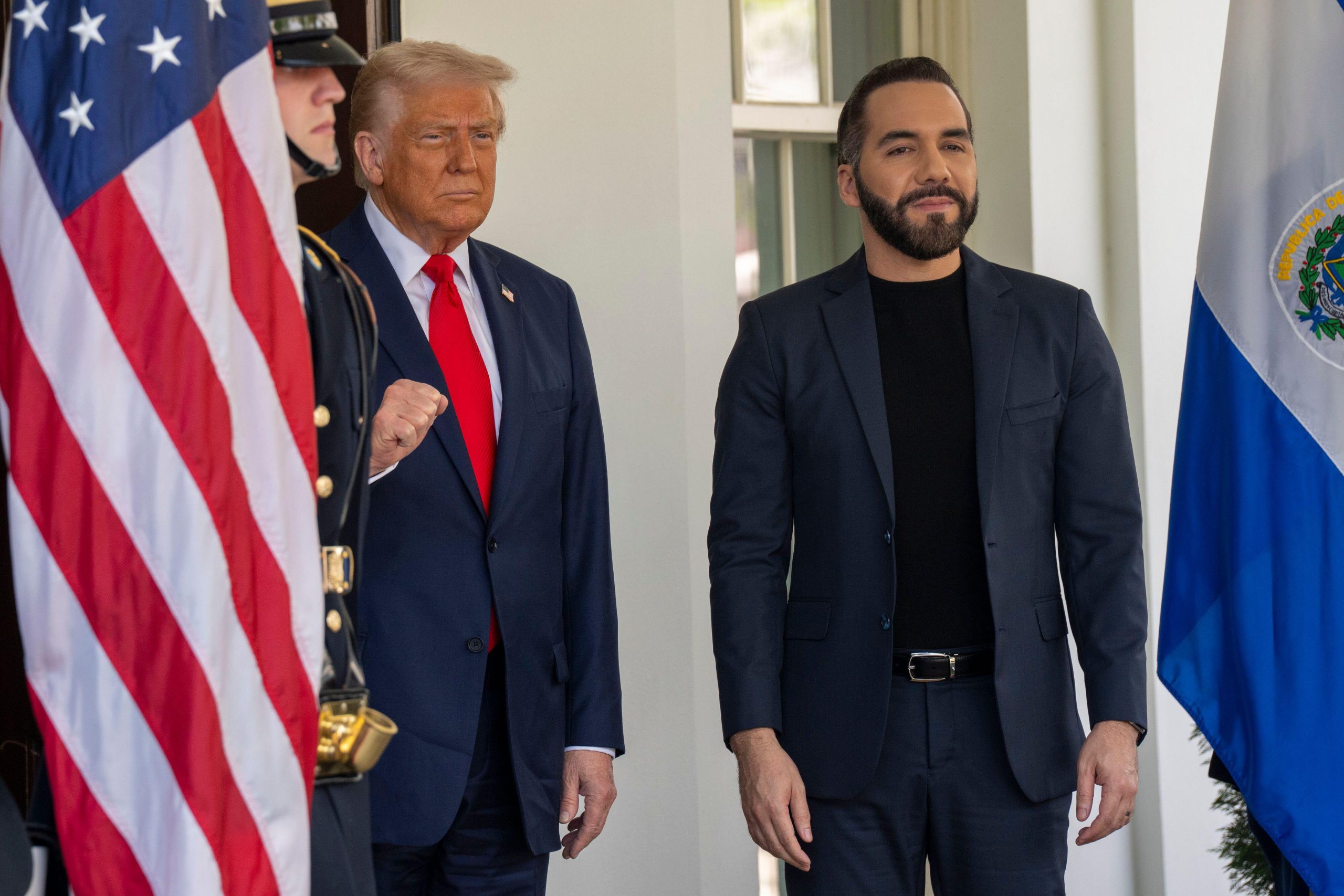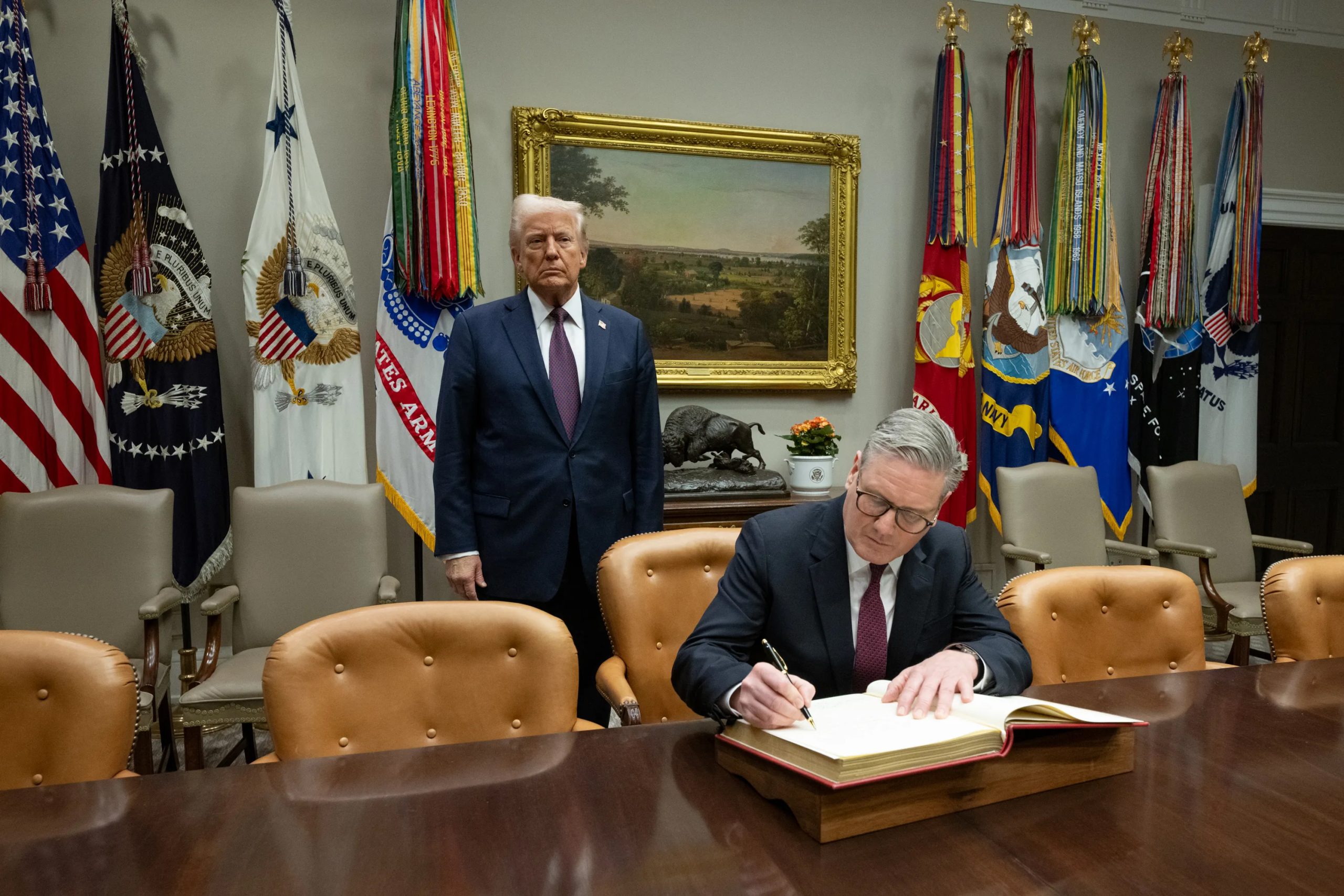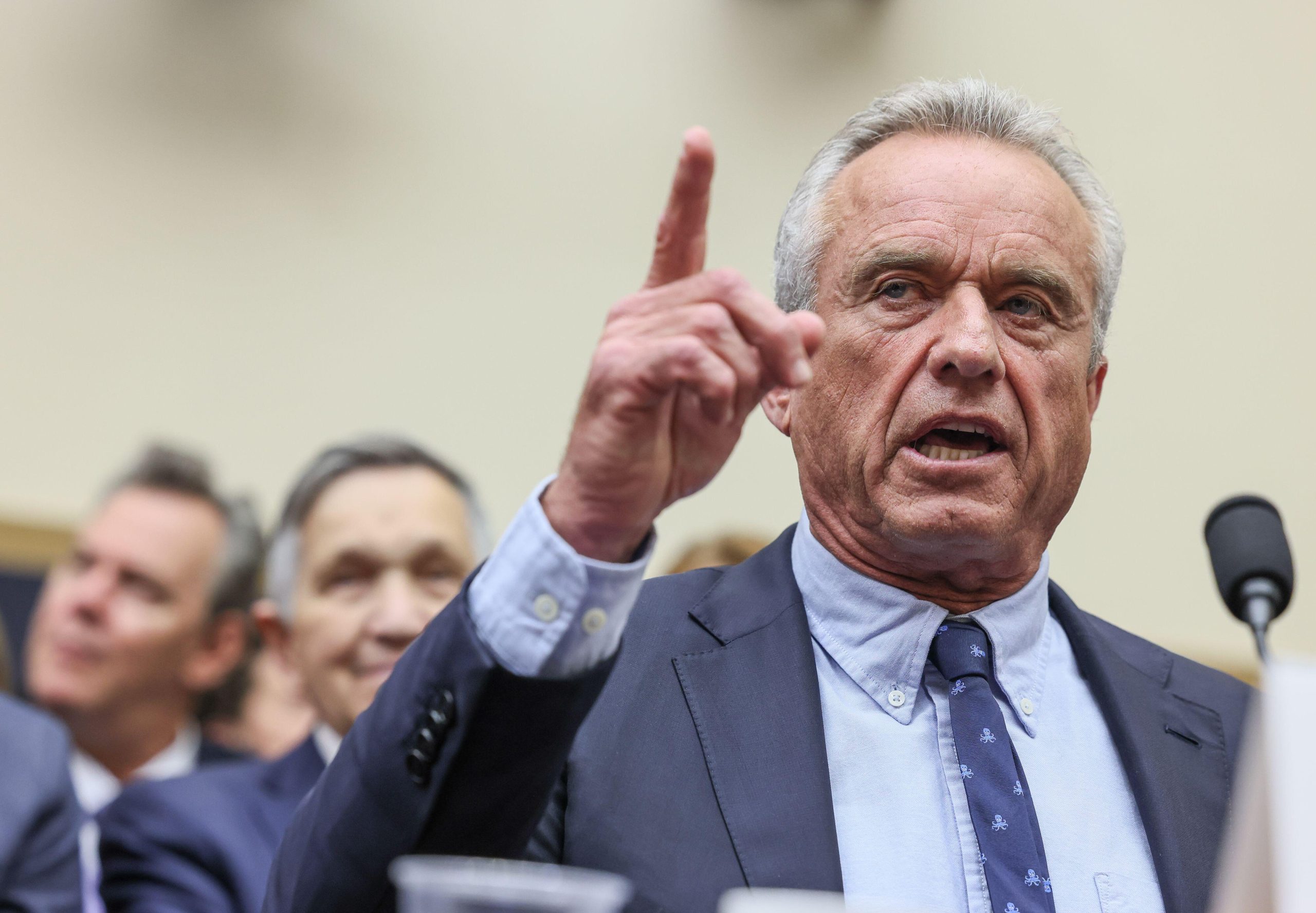The face of China’s internet reflects the political system – repressive and chaotic, says Xiao Shu. Big brother is everywhere
To really understand where the Chinese internet is going, you need to under- stand where Chinese politics are going. To quote an advertising slogan from the Southern Weekend, one of China’s leading newspapers, you need to be able to read China.
So what are the trends in Chinese politics today? My first generalisation would be ‘restrictive’ – it always has been, only it’s getting more so. Many feel, when looking back over the past three decades, that each new generation of Chinese leaders has failed to match its predecessors. That former president Jiang Zemin was no Deng Xiaoping is a given; but now President Hu Jintao and Premier Wen Jiabao – for whom so many intellectuals held out so much hope – seem to have become the butt of jokes and to fail to live up to Jiang Zemin’s standards. One-time critics of Jiang have even started to reminisce about that time – it seems he was more tolerant and enlightened.
I find these judgments not without foundation, but a little too easy. I agree, of course, that the political set-up has been tightening since the 1990s – but not that this is directly related to the personal qualities or prefer- ences of our supreme rulers. I don’t believe the situation is becoming more restrictive because Hu and Wen are more hardline, more conservative or less able – I prefer to say that circumstances are forcing their hand.
The fundamental reason I say this is that China’s political system is a game of pass the parcel – played with a firecracker set to explode. Fearing it will blow itself up, each generation of leaders dodges the real issues and passes them on to the next. Inevitably the issues worsen, while the ability and confidence to withstand and resolve social unrest and other threats weaken.
Over time, those in power come to feel isolated and under siege, and a constant squeeze on public debate – particularly online – is therefore inevitable. The restrictions around the Olympics were felt by all, but at the same time there was some hope that this was a special event, and that things would relax afterwards. But that hope was ultimately left unfulfilled. Similarly, the restrictions in the run-up to China’s 60th anniversary celebrations had an impact across the country, but again there was hope – this was a special event, things would be better afterwards. But that expectation has also been left unfulfilled. The severity of the latest online crackdowns – particularly on debate – is almost unprecedented. Government jitters over an increasingly tense political situation and the greater demands of maintaining stability mean tightening up is now the norm, regardless of any imminent special events – reasons are no longer necessary. So it may be that Hu and Wen are no more hardline or conservative, or less able, than Jiang – they just don’t have his luck. Jiang drew down all the political dividends of the prior three decades, bequeathing little but a shambles to Hu and Wen. They simply can- not afford the apparent tolerance and style of Jiang – when you find yourself on thin ice, caution is the only option.
My second analysis of China’s political situation would be ‘disorderly’. Not social disorder: this is increasing and minor incidents are common, but basic public order is easily maintained and there is no pos- sibility of major unrest unless a grave economic crisis results in the loss of livelihoods. Even that would be offset by a robust and deeply-rooted underground and grey economy which will continue to put food on tables – and as long as there is food on tables, public order will not be affected. The seeds of unrest lie not among the people, but within the system itself, in different interest groups and in their divisions, alliances and power struggles. This will become more apparent in the future. These groups are much less able to cope with an economic crisis. If their economy col- lapses, they have no underground alternative to fall back on. Currently there may be a peaceable division of the spoils, but if their sources of wealth disappeared a zero-sum battle for resources would soon break out. At that point there will be no need for the people to cause unrest – it will appear within the system itself.
The foundations for this are already laid, in a de facto system of individ- ually-held power. For many years, government orders have been said to travel no further than the gates of Zhongnanhai, the complex of Party and govern- ment offices, but now more than ever that so-called highly centralised power exists only in name. Different groups have their own different interests, as do central government, provincial governments and city governments. Even PetroChina and Sinopec – both independent commercial operations, both in the oil business and backed by government machinery – have different interests. The traditional political logic of obedience to superiors and Party central has been shattered and is now a mere formality. Multiple centres of power already exist: independent fiefdoms, closed, homogeneous and cen- tred around powerful individuals. Each pursues the maximisation of their interests and minimisation of their responsibilities. The preservation of unity has long been a straightforward mutually beneficial exchange, not a political ideal or article of faith.
The Party talks of self-regulation: ‘The Party must manage the Party.’ But can it? The Party is no longer a whole, but dismembered into any number of units. Each centre of power is a Party unto itself, and that fragmentation of power cannot be halted. The process is characterised by the increasing strength and arrogance of local and departmental power-holders, and a weakening central power unable to rein them in.
And this leads directly to the situation we see on the Chinese internet. These de facto hidden regimes subject online debate to oversight not just from one source, but from many. Any level of government – even village government – can issue decrees on public debate, particularly online debate, and mobilise state violence to halt discussions that harm its own interests as soon as they start. Hence we see cases of county or city heads detaining critics even across provincial borders. So a chaotic political situation creates an online regime lacking both rules and order.
This is an edited extract of an article in the new issue of Index on Censorship. To read the rest of the piece, subscribe now.
Xiao Shu is a columnist on the Southern Weekend in China





